The Local Road Research Board publishes a wide range of transportation-related educational materials. Our most recent and popular guidebooks, manuals and courses are available below. For all research reports, go here.
Contact our staff at research.dot@state.mn.us for more information.

NCITE Webinar: LRRB Mini-Roundabouts
Tuesday, Aug. 6, 10 to 11 a.m., free to attend. Join Apex Engineering Group for a presentation on the Local Road Research Board project, Mini-Roundabout FAQs. Project team members will discuss this new guidance for the traffic safety and congestion solution that more local agencies are implementing.

CTS Webinar: Resources for Roadway Maintenance Careers in Minnesota
Tuesday, July 9, 9 to 9:45 a.m. Free to attend. A new website—MNTransportationCareers.com—will launch on July 9, 2024, and serve as a portal for jobseekers, public works managers, human resources departments, employment counselors, and others. Join us for this webinar to introduce this new resource.

CTS Webinar: Impact of Speed Limit Changes on Urban Streets
Tuesday, May 7, 2024, 12:00–1:30 p.m. University of Minnesota Prof. Gary Davis will discuss findings from the LRRB study, Impact of Speed Limit Changes on Urban Streets.

CTS Webinar: Strategies for Enhancing Rural Community Transit
Tuesday, April 30, 2024, 1:00–2:30 p.m. This webinar will feature two presentations focused on enhancing public transit in rural communities. Tom Fisher, University of Minnesota, will discuss the LRRB project, Rural Community Transit Strategies.

Transportation Career Resources
This resource page features guidance, videos and a recruitment toolkit for local agencies in Minnesota. It also features information about transportation careers for job seekers.
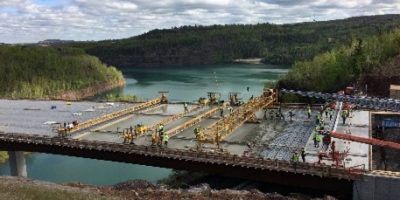
Mitigating Projects Missing Deadlines
Construction projects are increasing in complexity, size, cost, and constraints, and that can lead to missing deadlines. This resource offers guidance on contract language and processes that when used will improve the likelihood of delivering a construction project on time.
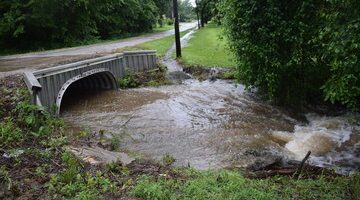
Drainage 101: Best Practices and Resource Guide
The process involved in researching drainage law and defining the best approach to solving drainage issues can be substantial. This guide provides quick access to information on legal solutions to recurring drainage issues and solutions to solve drainage problems.
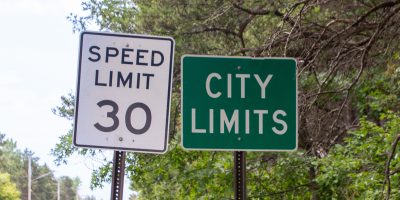
Speed Limit Guidance for Municipal Roadways
This guide examines the history of speed limits, a recent statutory change and consequences to communities. It explores the effectiveness of speed limit changes, outlines a process to follow when making a change, and offers alternative pedestrian and bicycle safety strategies.
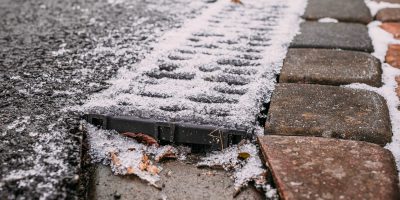
Best Practices for Improving Subgrade Drainage
This guidebook is designed to assist agencies in understanding drainage problems and provide options to consider for mitigating structural damage to pavements due to moisture.
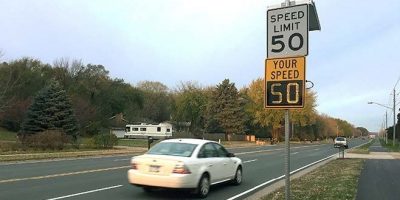
Guidelines for Using Intelligent Warning Devices
This guide provides detailed information on four intelligent warning devices. It is a resource that local agencies can use and modify to their needs when considering these technologies.
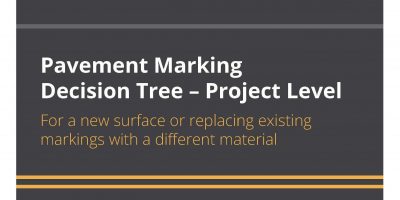
Pavement Marking Decision Tree – Project Level
The Pavement Marking Decision Tree is a handy guide to assist agencies in understanding their options when determining which pavement marking material is appropriate for their project.
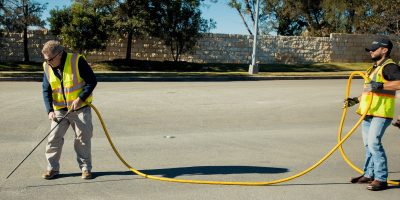
Asphalt Crack Treatment FAQs and Technical Resources
An easy-to-use quick reference guide is now available that provides an overview of crack treatment to help agencies make decisions on how to best implement a crack treatment program.
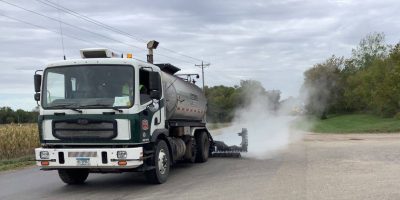
Fog Sealing Chip Sealed Roads Can Improve Performance
A best practices manual is now available for local agencies to improve the chip seal experience. New research explored the cost-effectiveness of fog sealing over chip sealed roads, the ability of fog sealing to improve chip retention and fog sealing application methods.
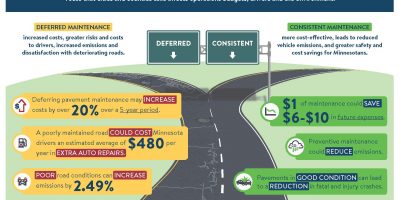
Impacts of Deferred Maintenance in Minnesota
Pavement conditions along Minnesota’s state-aid, county, city, and township roads are anticipated to deteriorate based on current funding levels. New research identifies factors that impact maintenance spending and provides recommendations to help close funding gaps. A new fact sheet identifies the benefits of consistent maintenance.
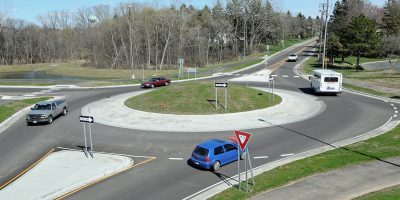
Strategies for Effective Roundabout Speed Reduction
This report provides a resource for engineers to identify and select appropriate speed-reduction treatments for high-speed approaches to roundabouts. The research examines best practices and techniques that are the most effective at lowering approach speed.

20 Tips to Up Your Social Media Game
This best practices guide is designed to help the average local transportation practitioner communicate about transportation and public works topics more effectively on social media. It includes examples and tips from peer agencies of all sizes that local agencies can use to improve communication to citizens.
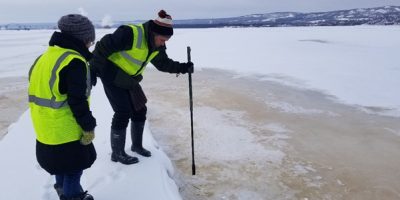
Environmental Impacts of Potassium Acetate as a Road Salt Alternative (University of Minnesota)
New research explores the environmental impacts of potassium acetate, which is effective on ice at lower temperatures. Researchers investigated the fate, transport and degradation of potassium acetate used as a deicer or anti-icer, and its toxicity to biota.
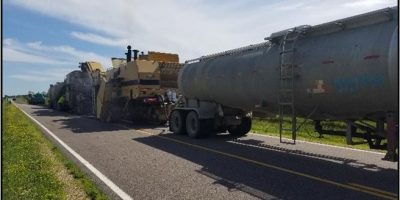
Increasing Cold In-Place Recycling Efficiency for Pavement Rehabilitation
A new tool will help local road engineers reliably estimate the curing time of a cold in-place recycling (CIR) layer. This cost-effective and environmentally friendly asphalt repaving method will now be more efficient.
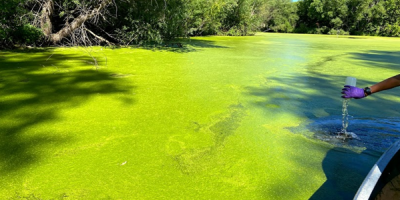
Wet Pond Maintenance for Phosphorus Retention
New research sponsored by the Local Road Research Board offers cost-effective methods that local governments can use to prevent harmful phosphorus from being released into Minnesota lakes and streams.
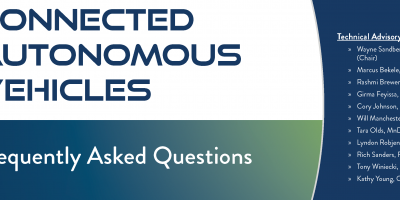
Autonomous Vehicles: What Should Local Agencies Expect?
A new FAQ interactive resource guide helps local agencies prepare for and respond to Connected Autonomous Vehicle (CAV) changes.